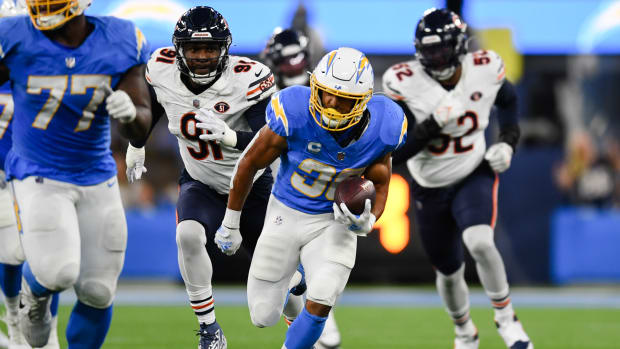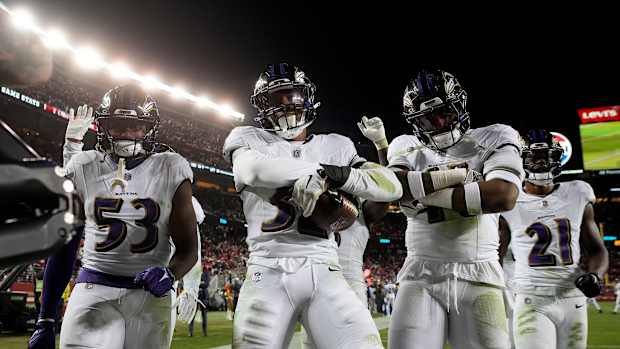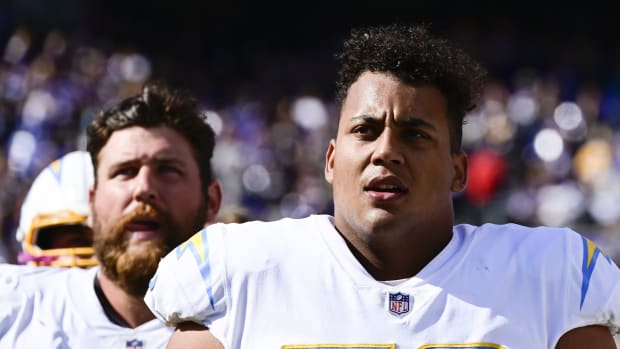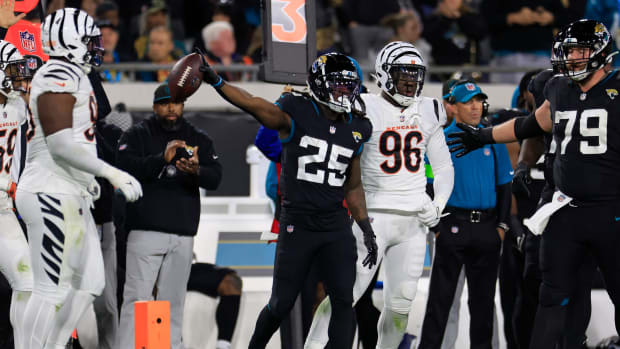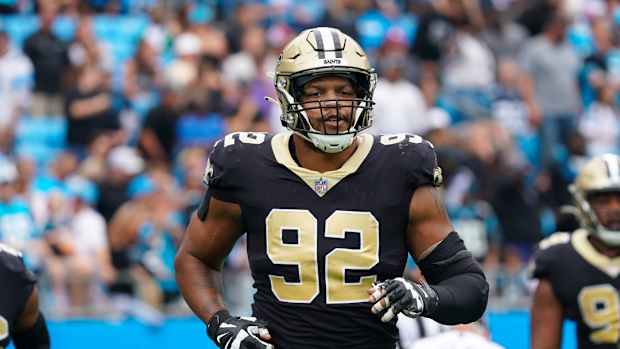NFL gets as close as it can to clearing Peyton Manning as HGH probe ends
After a seven-month investigation, the NFL announced on Monday that it found “no credible evidence” Peyton Manning used human growth hormone (HGH) or other substances in violation of the league’s performance-enhancing drug policy. The NFL and NFLPA have collectively bargained a prohibition of substances that contain HGH, which is produced naturally by the pituitary gland and which is synthetically produced for products associated with helping injured persons recover faster. HGH can only be lawfully used in the U.S. with a physician’s prescription and only for three narrow purposes (none of which appear relevant to Manning): HGH deficiency, Idiopathic Short Stature and physiological wasting from AIDS.
On Dec. 29, Al Jazeera America published a special feature, “The Dark Side: Secrets of the Sports Dopers,” in which Charlie Sly, a former employee of the Guyer Institute, an Indianapolis anti-aging clinic, claimed that he had supplied Manning with HGH in 2011. Sly, whose accusations were secretly recorded, recanted after those accusations became public. For his part, Manning has categorically denied that he ever used HGH. He has also never failed a league drug test. Manning has not, however, denied that his wife, Ashley Manning, received packages from the Guyer Institute.
The NFL’s announcement is the closest the league can come to clearing Manning, who retired from the league in March. As explained below, the league cannot outright declare Manning’s innocence due to significant limitations faced by investigators.
• MMQB: 32 training camps, 32 pressing questions around the league
A difficult investigation to conduct
The NFL faced two major hurdles in investigating the allegation against Manning. First, the allegation centers on conduct that allegedly took place in 2011. In any investigation, the passing of time can severely disrupt the capacity of investigators to uncover all of the relevant facts. Over time, emails are deleted, text messages are erased, reports are misplaced and paper receipts and other materials are lost. Witnesses also tend to become less available as the months and years pass—some witnesses move away, some die, etc. Even when they are still available, witnesses gradually have less reliable and less accurate memories as time passes. It is unclear to what extent the NFL’s investigation was hampered by the passage of nearly five years, but the issue often poses problems for investigators.
The second major hurdle for the NFL is that several important witnesses—including Al Jazeera reporter Deborah Davies, Al Jazeera investigator Liam Collins, Sly, Sly’s parents (who were visited by private investigators hired by Manning) and others who worked at the Guyer Institute—were under no obligation to speak with NFL investigators or to share any materials. It is unclear if any participated in the NFL’s investigation, and if so, to what degree. The league’s statement on Monday references “witness interviews” but does not reveal the names of those witnesses (SI.com has requested the names from the NFL).
The lack of obligation of these witnesses to cooperate reflects the fact that the NFL, like other private businesses, is limited in how it conducts investigations outside its own walls. The league has no subpoena power, meaning it cannot compel a witness to testify or order that materials be shared upon threat of criminal punishment. Further, the league has no contractual relationship with Davies, Collins, Sly and others. As a result, the NFL can’t require that they speak with the league or provide documentation. This is a key legal difference from how the NFL investigated Deflategate: Patriots employees had a contractual obligation to cooperate with the NFL, while those employed by Al Jazeera, the Guyer Institute and other non-NFL companies do not. In addition, the NFL has not given any indication that it plans to sue the Guyer Institute and others on grounds that they tortuously interfered with Manning’s contract. Major League Baseball adopted that approach during its investigation into Alex Rodriguez and the Biogenesis clinic.
Not only were Davies and Collins not obligated to speak with the NFL, but they had good reason not to: both are defendants in defamation lawsuits brought by Phillies first baseman Ryan Howard and Nationals first baseman Ryan Zimmerman. Howard and Zimmerman deny that they used the hormonal drug Delta-2, which the two first basemen are linked to in the Al Jazeera report. Attorneys for Davies and Collins likely advised their clients to refrain from commenting on the report while their cases with Howard and Zimmerman are pending. Their cases are currently before the U.S. District Court for the District of Columbia.
Even the Mannings themselves were not obligated to cooperate with the NFL. Peyton Manning is retired and Ashley Manning has no connection to the NFL. That said, the NFL’s statement expresses that the Manning family was “fully cooperative” in the investigation and also shared all requested records. It is not clear if the Mannings gave statements to NFL investigators while under oath (as Tom Brady did in his June 23, 2015 hearing with NFL commissioner Roger Goodell).
• Why Tom Brady walked away from his Deflategate legal battle
Next steps for both NFL and Manning
For its part, the NFL will continue to investigate claims against four other players (Packers linebackers Clay Matthews and Julius Peppers, Steelers linebacker James Harrison and free agent linebacker Mike Neal) that were raised in the Al Jazeera America report. There is no timetable on how soon the NFL will announce findings from those investigations.
Manning preserves the right to file a defamation lawsuit. Although Al Jazeera America shut down early this year, its Qatar-based parent company, the Al Jazeera Media Network, is one of the world’s largest media companies and could be sued.
Manning could raise a legal argument similar to the one adopted by Howard and Zimmerman, asserting that Al Jazeera America knowingly published false statements that damaged reputations. As a public figure, Manning would need to prove “actual malice,” meaning he would have to establish that the publication was not only false but that Al Jazeera America knew it was false and still published it.
Even if he is 100% innocent, Manning might decline to pursue a lawsuit. For starters, if he sues and the case advances past a motion to dismiss, Manning and his family might have to answer sensitive personal questions. If Ashley Manning received packages from the Guyer Institute, she would be required while under oath to reveal the contents of those packages and explain what became of those contents.
The Mannings might also shy away from a lawsuit because it would be time-consuming and probably stressful. Further, they might not see much upside in suing: The Mannings are reportedly worth in excess of $150 million, so pursuing a lawsuit in which they could ultimately obtain more money is likely not as appealing to them as it would be to others. Then again, in a world where Hulk Hogan receives $140 million in a privacy lawsuit against a media company, anything is possible.
Michael McCann is a legal analyst and writer for Sports Illustrated. He is also a Massachusetts attorney and the founding director of the Sports and Entertainment Law Institute at the University of New Hampshire School of Law. McCann also created and teaches the Deflategate undergraduate course at UNH. He serves on the Board of Advisors to the Harvard Law School Systemic Justice Project and is the distinguished visiting Hall of Fame Professor of Law at Mississippi College School of Law. He is also on the faculty of the Oregon Law Summer Sports Institute.
































